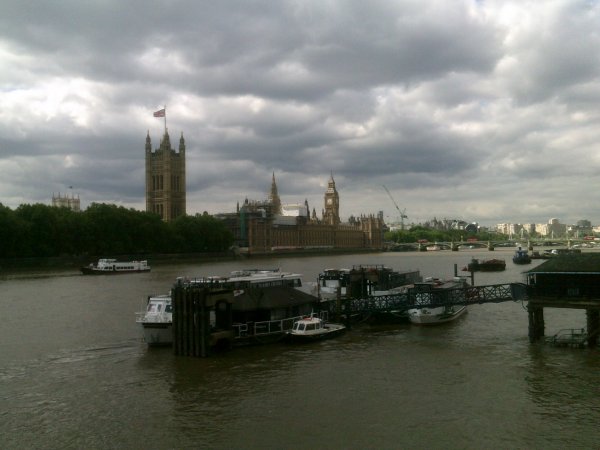Jun 28th 2017, 10:33
Blog 28th June 2017
In this week’s blog, I write about the Queen’s Speech, the ‘deal’ between the Conservatives and the Democratic Unionist Party, the ‘Barnett formula’, Grenfell Tower and Service Charges in Wales.
Last week saw the delivery of the Queen’s speech. This Queen’s speech is generally regarded as being very ‘thin’ and for being more significant for what it excludes rather than what it contains. However, the housing and local government sectors will welcome some of the proposals in the Queen’s speech such as the Domestic Violence and Abuse Bill. It is to be hoped that, despite the Parliamentary arithmetic and the government’s focus on the United Kingdom leaving the European Union, the government will also make progress on matters of critical concern such as adult social care and supported housing. I have written a briefing paper on the implications for housing and local government of the Queen’s Speech that can be downloaded from HERE

The Houses of Parliament, where the Queen's Speech was presented and where the Democratic Unionists will now vote with the Conservatives.
The Conservatives and the Democratic Unionist Party (DUP) have unveiled their ‘deal’ under which the DUP will support the minority Conservative government on Brexit, defence, confidence and supply votes – although on other issues they will make their minds up on a case by case basis. It has also been agreed that the ‘triple lock’ on pensions will remain and there will be no means-testing of winter fuel payments to pensioners. However, the aspect of the ‘deal’ that has received the most attention is the additional £1billion funding for hospitals, schools and roads in Northern Ireland.
There is clearly a strong case for more investment in public infrastructure in Northern Ireland. However, since the 1970s, the ‘Barnett formula’ has governed the distribution of public expenditure between England, Northern Ireland, Scotland and Wales. This has led the Welsh and Scottish governments, and opponents of ‘austerity’ in England to argue that the increase in expenditure in Northern Ireland must be matched by corresponding increases in expenditure in England, Scotland and Wales if equity between the four nations of the United Kingdom is to be maintained. However, the ‘Barnett formula’ does not have legal force and it appears to me that the United Kingdom government is abandoning it in favour of a more pragmatic and less transparent approach to the distribution of resources between the nations of the United Kingdom. However, some increases in expenditure in England, Scotland and / or Wales may be required to satisfy political and public opinion.
These political and public pressures, the government’s wish to have an interventionist industrial policy to support and subsidise struggling businesses and the need to maintain demand in the economy in the face of ‘Brexit’ appears to be leading the government to increase spending and borrowing rather than to reduce it. It appears that the ‘magic money tree’ does exist after all, although I expect this approach will not be sustainable in the long-term. Mike Carney, the Governor of the Bank of England, has already warned of the dangers of excessive private and public borrowing.
On 14th June 2017, a fire occurred in Grenfell Tower, a block of high-rise flats owned by Kensington & Chelsea Borough Council and managed by the Kensington & Chelsea Tenant Management Organisation. It resulted in many fatalities and in all the surviving residents becoming homeless. It is clearly important to establish why the fire occurred and what needs to be done to prevent such a fire occurring again.
I am sure that we have all been shocked by the revelation that many other high-rise flats are unsafe due to the use of inflammable cladding materials. In my experience, social landlords have always been acutely aware of the need to ensure that proper precautions are taken against fire, and since the fire at Lakanal House in 2009 the need to prevent fires from starting and spreading has been highlighted and become a focus of the work of Homes & Communities Agency inspectors. I am therefore at a loss to explain how this has happened.
Some commentators have suggested that a lack of resources may be the problem. It is true that social landlords have had their resources constrained by central government legislating for reduced rents and imposing a ‘borrowing cap’ on local authorities. However, social landlords who have objected to this have complained that it prevented them from building new homes rather than preventing them from making existing homes safe. I think that budgets should be based on Value for Money and that should mean a priority for spending money on the safety of residents.
The government’s proposals for addressing these issues through a public enquiry were included in the Queen’s speech. It is to be hoped that the enquiry will establish the facts and identify solutions promptly, and that these will be implemented.
Our next seminar is on ‘All You Want to Know about Service Charges in Social Housing in Wales’ and will be held in Cardiff on 12th September 2017. For further information or to make a booking, please click HERE